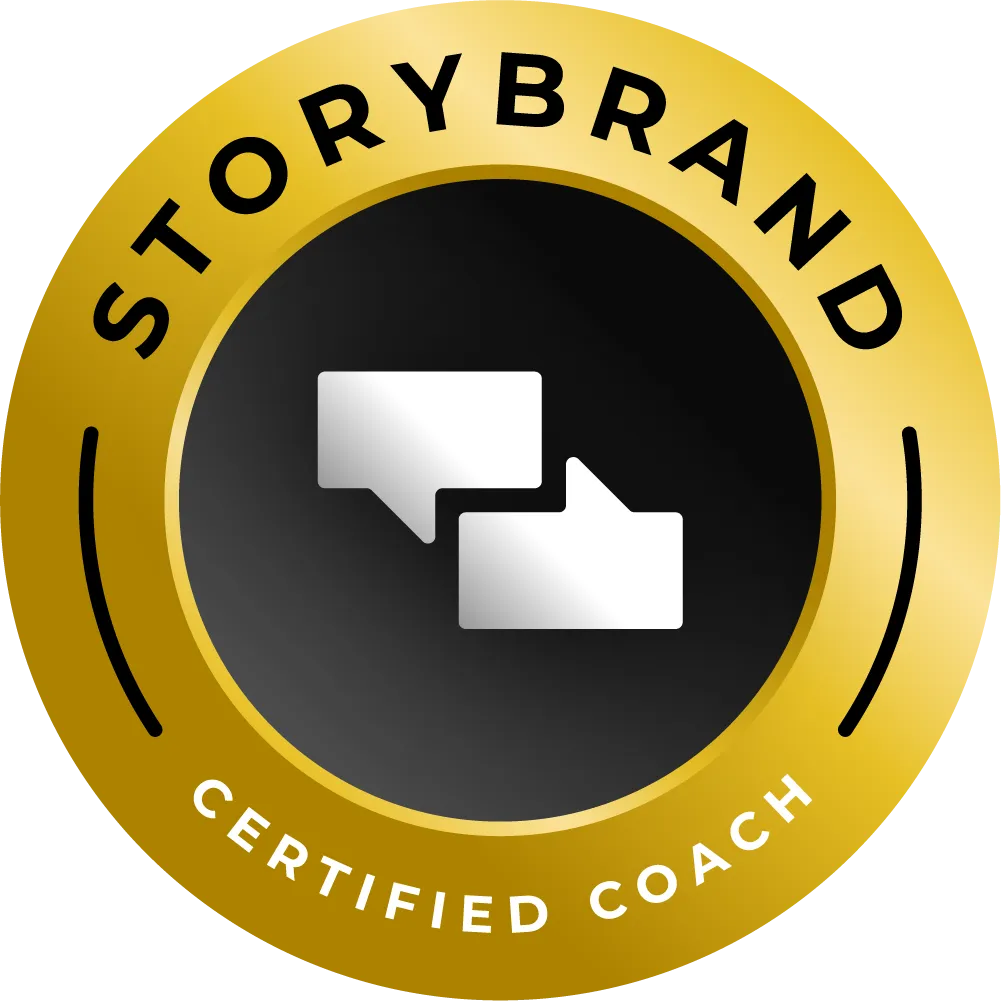Thank You for Downloading

Thanks for downloading! We hope you find the information valuable as you attract, nurture, and retain your ideal customers.
If you didn't receive the download email, please wait a few minutes and then check your spam folder. (If you find it there, please remember to whitelist us!)
If you still don't see it, please email [email protected], and we'll make sure you get it!
While you're here, check out these other helpful marketing tips:

What Omnichannel Really Means in 2025 (and Why Customers Expect It)
By Vicky Sidler | Published 12 July 2025 at 12:00 GMT+2
If your customer support feels like a game of broken telephone, you’re not alone.
You email a company. Silence. You try chat. “Please repeat your question.” You call. New agent, new confusion. Somewhere between “Have you tried restarting it?” and “Let me transfer you,” your soul quietly gives up.
That’s what happens without an omnichannel experience.
And no, it’s not just a buzzword for big companies with AI budgets and neon logos. Omnichannel CX is a very practical fix for something most small businesses struggle with: fractured communication.
Let’s unpack what it actually means, according to a recent Zendesk report—and how you can use it to make customers love you (and come back).
TL;DR
Omnichannel = seamless support across multiple platforms (like WhatsApp, email, and live chat).
Customers don’t want to repeat themselves. Omnichannel stops the Groundhog Day effect.
Agents get a full view of customer interactions—fewer mistakes, faster help.
You don’t need fancy tools—just connected systems and clear processes.
The payoff? Higher satisfaction, better retention, and more chances to sell.
👉 Need a better way to explain what you do? Grab the 5-Minute Marketing Fix.
Wait—What Is Omnichannel (and How Is It Different from Multichannel)?
Let’s keep this simple:
Single channel: You only talk to customers on one platform, like email.
Multichannel: You use several platforms, but they don’t talk to each other.
Omnichannel: You use several platforms, and they all talk to each other—so you don’t have to keep starting over.
It’s like the difference between a buffet (multichannel: lots of dishes, but you serve yourself) and a three-course meal where the waiter remembers you hate mushrooms (omnichannel: consistent service with context).
Why Should You Care?
Because your customers do.
📉 60% of consumers say repeating themselves to clueless agents ruins their experience.
📈 70% say they’ll spend more with brands that offer smooth, connected service.
People don’t expect perfection. They expect you to remember they already told you about the broken walkie-talkie in their first email. That’s the bar.
5 Ways Omnichannel Makes Your Business Better:
1. Customers Stop Hating Support:
Nobody enjoys writing “Hi, I explained this already…” for the fourth time.
With omnichannel, your team sees the whole history—email, WhatsApp, Instagram DM, everything—so customers get real help, faster. That alone improves satisfaction scores without spending more on fancy tools.
2. Your Team Stops Guessing:
When agents have context (name, purchase history, current complaint), they work faster and smarter.
It’s not just about being nice—it’s about being efficient. Agents can jump in mid-conversation without needing a full detective brief. Think less “What’s your account number again?” and more “Let’s get this sorted.”
3. It Actually Helps You Sell More:
Turns out, when support agents know what a customer bought, liked, or clicked on, they’re better at making useful suggestions.
That “Hey, this bracelet matches your recent necklace purchase” email? That’s upselling without being annoying. And it works because it feels personal, not pushy.
4. You Get Real Customer Insight:
Omnichannel gives you more than better chats—it gives you better data.
You see where people engage, what questions they ask, where they get stuck. Use that data to improve your marketing, tweak your sales pitch, or stop doing the thing that makes people leave mid-purchase.
5. Relationships Last Longer:
Every customer interaction is a moment to build trust—or burn it.
When you let people use the channel they prefer, and you meet them there with real help, it feels effortless. That’s the kind of thing people remember—and reward with loyalty.
But Isn’t This Just for Big Corporates?
Not anymore.
If your small business uses tools like WhatsApp, Facebook, Gmail, and a spreadsheet… congratulations, you’re halfway there.
The key isn’t size. It’s connection. You don’t need a big budget—you need:
One place to track customer interactions (even if it’s just a shared inbox and decent notes)
Clear handover processes across channels or team members
A message that stays consistent no matter where people find you
Even something as simple as saying the same thing on your website, email, and chat goes a long way.
How to Start Without Overwhelm:
As a StoryBrand Certified Guide and Duct Tape Marketing Strategist, I’ve helped plenty of small businesses simplify this.
Here’s what works:
1️⃣ Centralize your data: Even if it’s just one Google Sheet to track conversations—start somewhere.
2️⃣ Pick tools that integrate: Many free or low-cost CRMs now let you connect email, chat, and more.
3️⃣ Get your team on the same page: Internal communication is half the battle.
4️⃣ Automate what you can: A basic chatbot or auto-responder buys you time.
5️⃣ Say the same thing everywhere: Your messaging should be as consistent as your morning coffee.
Let’s Make It Simple Again:
Omnichannel sounds like jargon until you realize it’s just… good service.
Good service means remembering people, helping fast, and not making them work to get help. Whether you're selling handmade jewelry or running a logistics firm, this is how you win loyalty.
But none of it works if people can’t understand what you do in the first place.
That’s where the 5-Minute Marketing Fix comes in. It’s a quick, free tool to help you create a simple one-liner that makes people say “Ah, got it”—on every platform.
Because if your message is messy, your customer experience will be too.
COFFEE’S ON ME (OK, NOT REALLY)
But I'm serious about helping you connect with your audience. Let’s grab a coffee (on Zoom) and chat about your marketing goals.
Wondering how to simplify your message? Let’s talk.
Ready to stand out in an AI-saturated world? I’ve got ideas.
Just need clarity? I’ll help you see the big picture.
This isn’t a sales call—just a friendly, low-pressure chat. At the very least, you’ll walk away with some cool ideas you can try on your own.
SCHEDULE YOUR COFFEE CHAT WITH ME (VICKY) TODAY
Created with clarity (and coffee)






